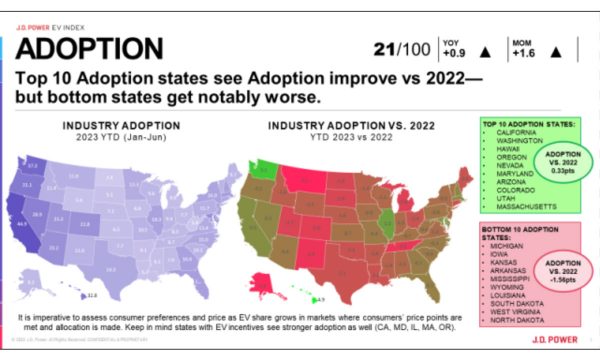
In Quebec winter tires are required by law, but the rest of the country is slowly coming around to the importance of having winter tires on their vehicle, says a new Leger report commissioned by the Tire and Rubber Association of Canada (TRAC). The survey found that “Eighty-two per cent of Canada’s motorists believe investing in winter tires is important despite steep increases in the cost of living.”
Outside of Quebec winter tire usage currently stands at 63 per cent, indicating that not everyone has made the investment as of yet, despite thinking that they are important. According to the survey results, winter tire usage has gradually increased over the past five years. A similar TRAC study in 2017 found that 60 per cent of drivers outside of Quebec were using winter tires.
This tracks with the finding that four per cent of drivers say this winter driving season will be their first using winter tires.
“This year’s winter tire study shows clearly that Canadians place high value on the superior handling and stopping power offered by today’s advanced winter tires,” said Carol Hochu, president and CEO of TRAC. “The fact that three-quarters of drivers riding on winter tires cite protecting their family as their top reason for investing in winter tires tells the story. Winter tire laws, lower auto insurance premiums and trusted advice from friends and family were other widespread reasons for investing in winter tires.”
But these numbers also mean that 35 per cent third of motorists outside Quebec still resist winter tires despite overwhelming evidence that dedicated winter tires are essential for safe cold-weather driving. “Greater efforts are clearly needed to win the higher level of winter tire adoption needed to make our wintertime roadways safer,” said Hochu.
The most common reasons for not using winter tires are the belief that all-season tires are good enough (57 per cent), cost (26 per cent) and reduced driving in winter (25 per cent). There are slight differences between regions, with Atlantic Canada leading the way at 74 per cent of respondents, and Manitoba with the lowest number, at 54 per cent.










